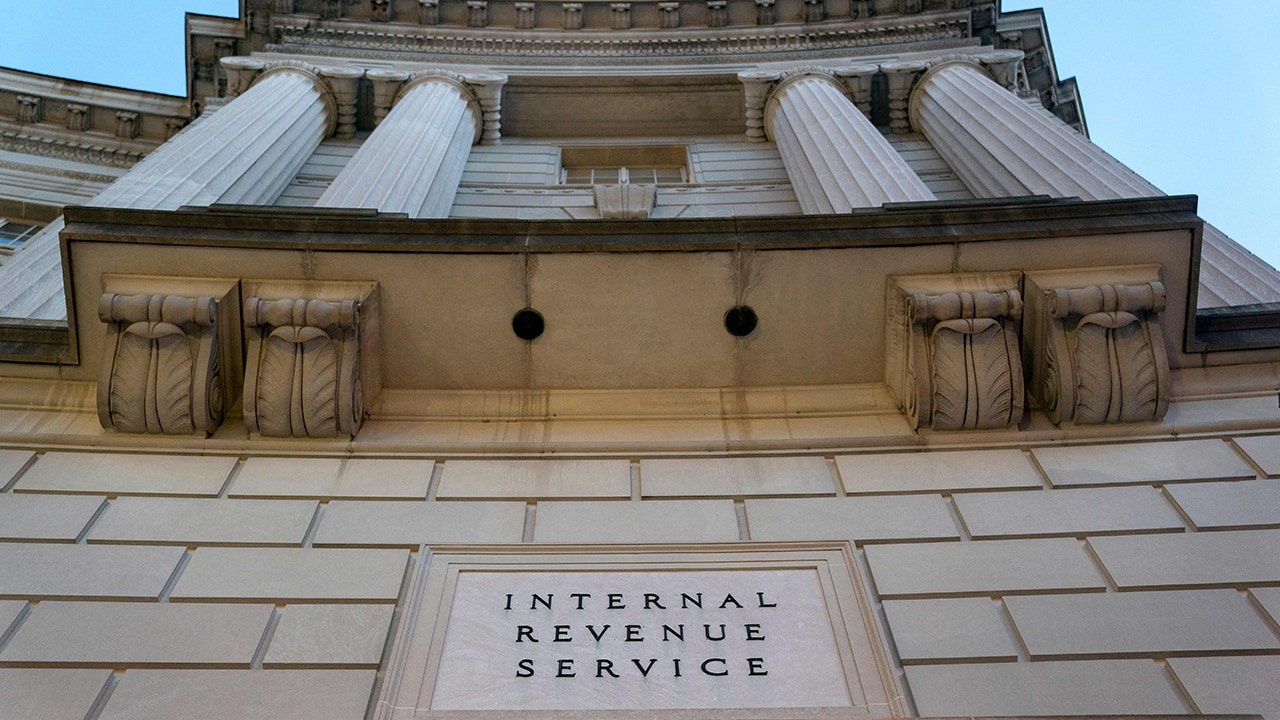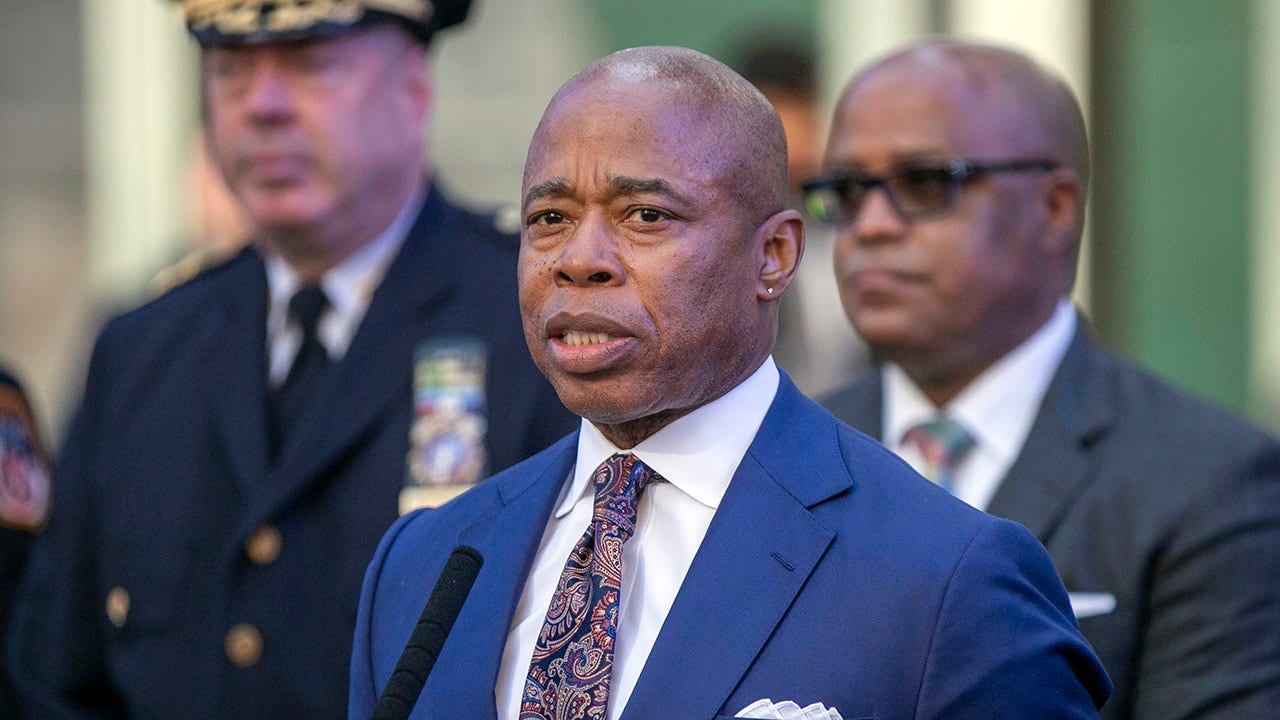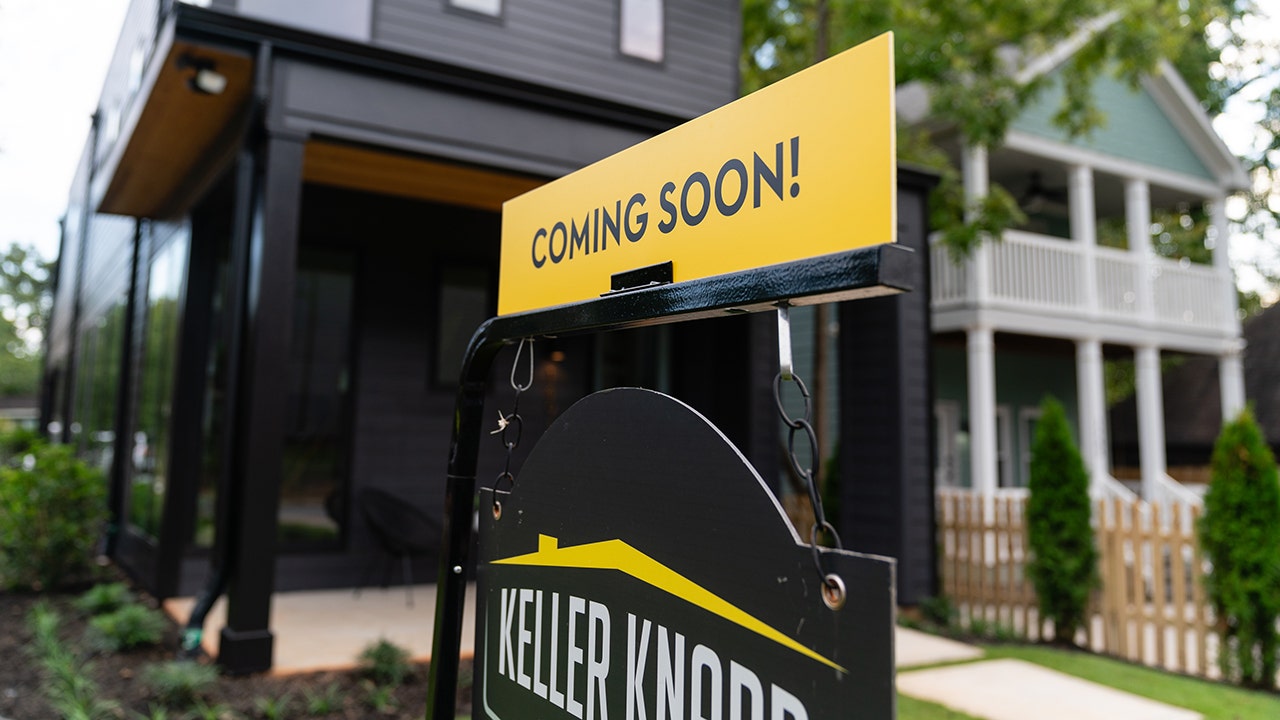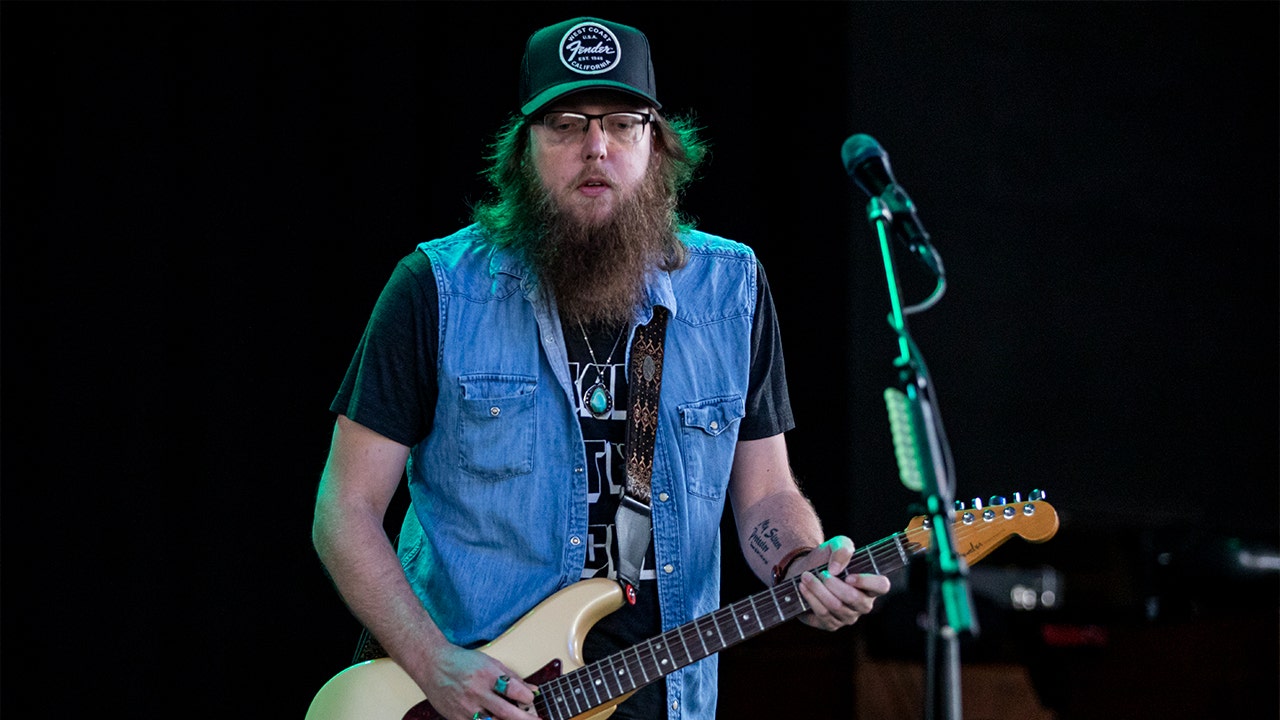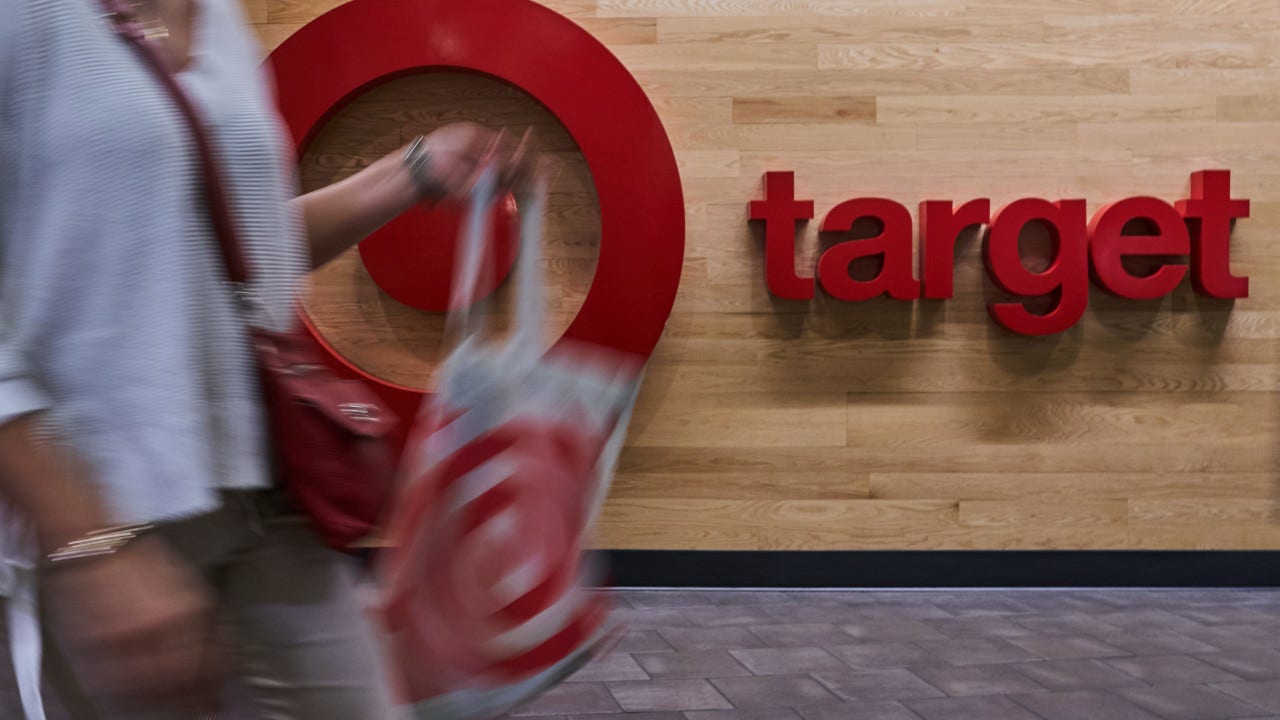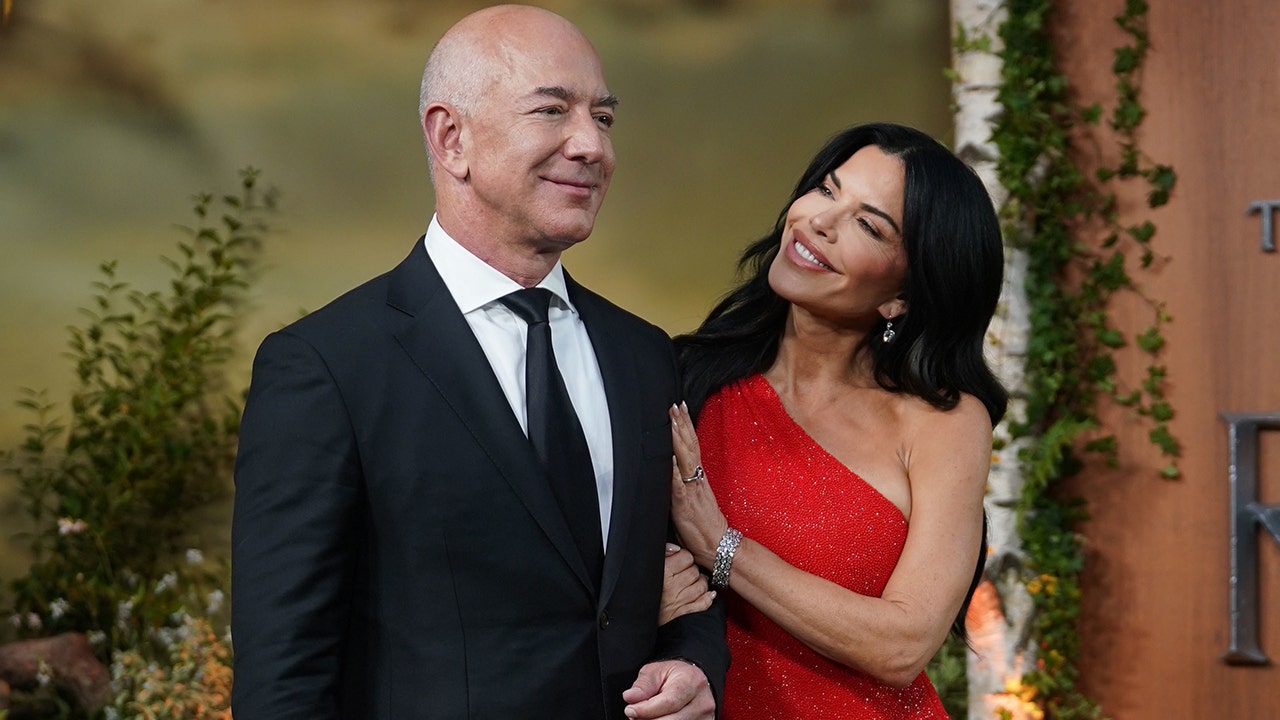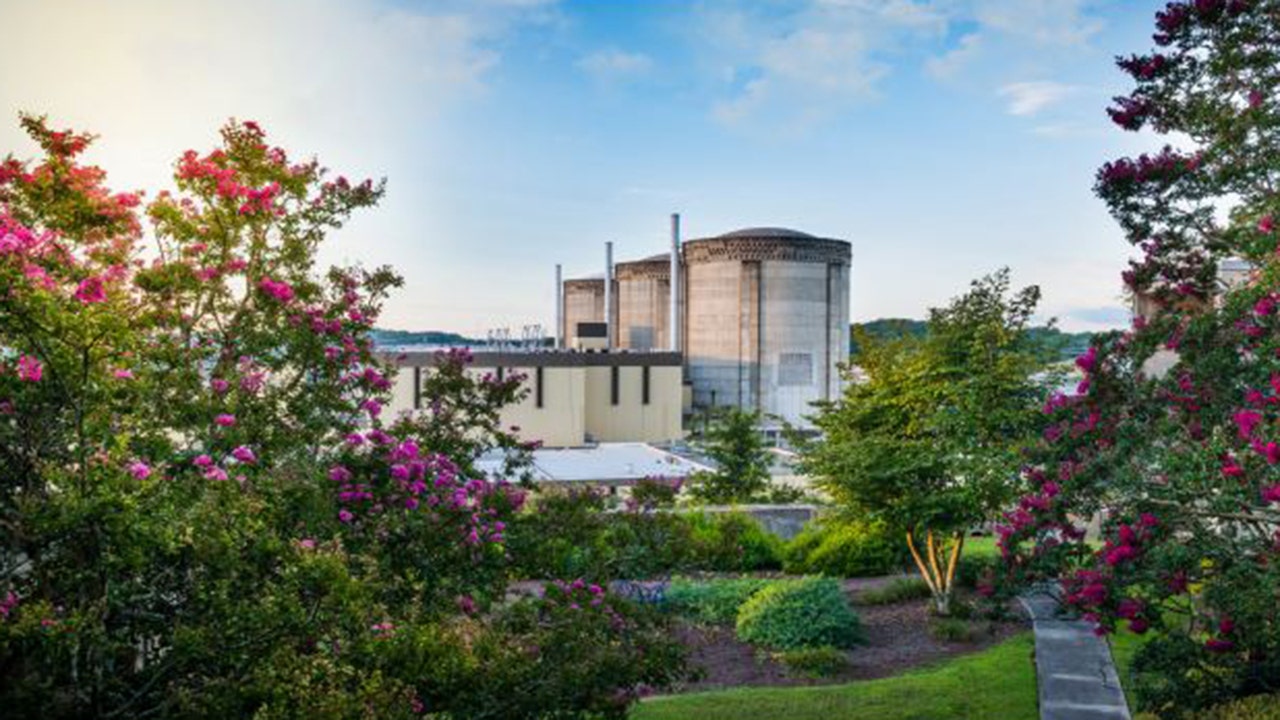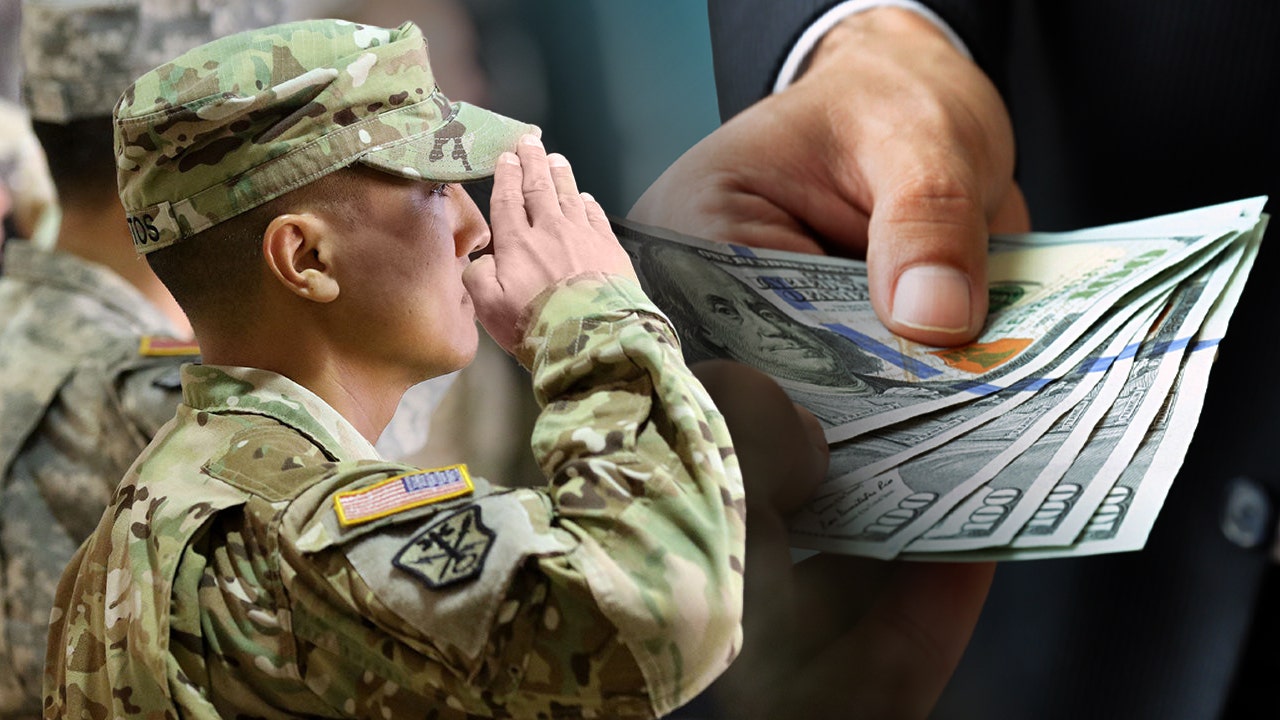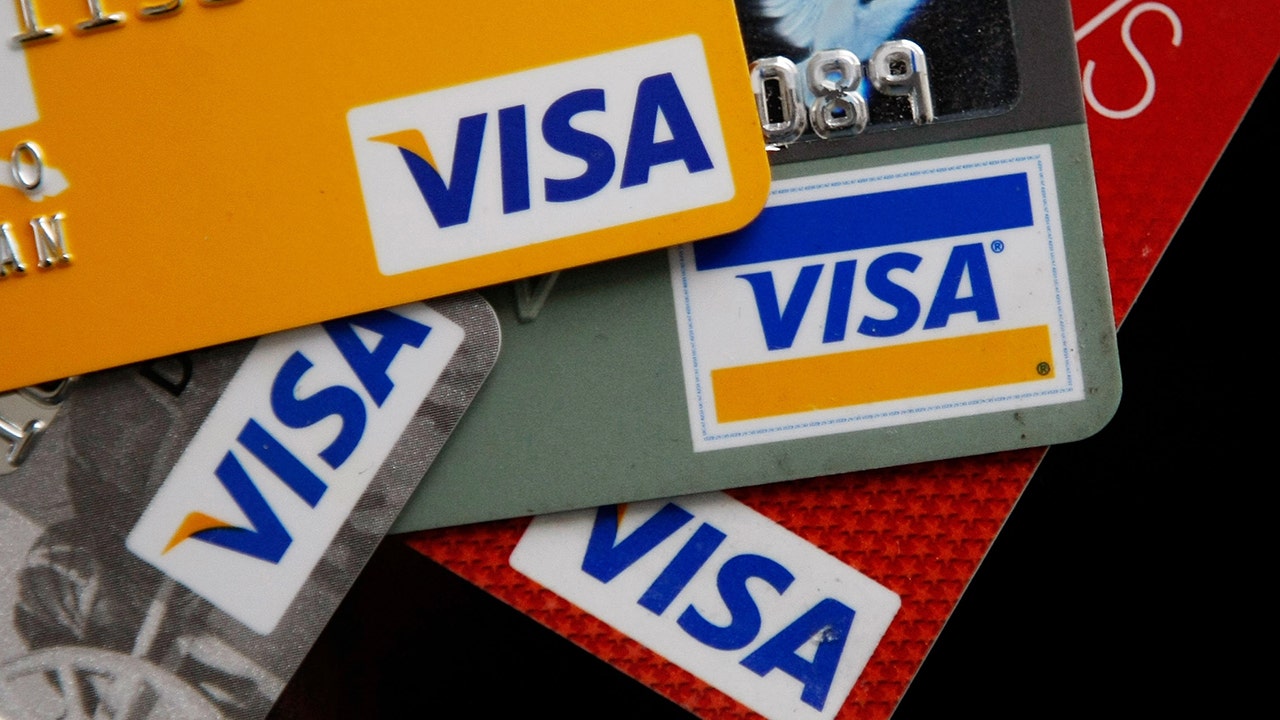SMH, I still call "Long Tail Ducks"
Old Squaws and will never change. I seriously doubt few people know the history of folks like Audubon beyond, "He's the bird guy". Seems to be a huge effort with little benefit, and begs the question if any birds named or other honors regarding slave-owning Founding Fathers, the majority of them, will be changed?
Dozens of bird names honoring enslavers and racists will be changed
The American Ornithological Society says it will alter all human names of North American birds, starting with up to 80 species.
After two years of discussion and debate, the nation’s premier birding organization has decided that birds should not have human names.
The American Ornithological Society announced Wednesday that it will remove names given to North American birds in honor of people and replace them with monikers that better describe their plumage and other characteristics. The group said it will prioritize birds whose names trace to enslavers, white supremacists and robbers of Indigenous graves. Among them is one of the most famous birders in U.S. history, John James Audubon.
“There is power in a name, and some English bird names have associations with the past that continue to be exclusionary and harmful today,” the society’s president, Colleen Handel, said in a statement. “We need a much more inclusive and engaging scientific process that focuses attention on the unique features and beauty of the birds themselves.”
Sometime next year, the society is expected to appoint a committee to explore up to 80 new names. The move, at an organization known for its reluctance to rename birds, was surprising even to the activists within the group who requested it after a White woman in Central Park falsely accused a Black birder of assault in 2020. In a racial reckoning that shook the field of ornithology, the activists, most of them White, argued that the names of some birds were offensive to people of color.
“We have seen a lot of changes in our world in the recent past,” Sara Morris, the society’s president-elect, said in reference to racial justice protests that followed George Floyd’s murder by a Minneapolis police officer and the Central Park incident involving birder Christian Cooper.
Racial insensitivity in the overwhelmingly White field of ornithology and birding should be rejected, Morris said. Recent reports projected that North America has lost 3 billion birds in the last 50 years, and “we need to engage as many people as we can in the enjoyment, study and conservation of birds as we can,” said Morris. “We need to break down as many barriers to participation as we can.”
Not every birder in the 2,700-member society is expected to welcome the news. Some who’ve memorized names established for more than a century are likely to push back. “Are we expecting that people won’t agree with this decision – sure,” Morris said. “But we’re proud of this decision. As we talked to people, many of them changed their minds.”
Jordan Rutter, a birder who organized the petition with her fiancé, Gabriel Foley, said the society’s action left her speechless. “That’s everything we asked,” said Rutter, who co-founded the group Bird Names for Birds, which listed about a dozen men honored with bird names and described their racist pasts. “I never thought this would be happening. . . . What an incredible moment for the birding community.”
For the time being, birders of color who spot the Townsend’s warbler and the Townsend’s solitaire might be startled by the history of their namesake, John Kirk Townsend. His journals describe his collection of skulls, stolen from the graves of Native people in the 1800s, to promote his theory that they were racially inferior.
In North America, where Indigenous tribes in what are now the United States and Canada encountered and named wild birds centuries before the arrival of European settlers, “White people are credited for discovering [the birds]. White people were the ones to name the birds after other White people. And White people are still the folks that are perpetuating these names,” Rutter said in a 2021 interview with The Washington Post.
At least two chapters of the National Audubon Society voted to change their names and distance themselves from the enslaver who detested abolitionists and, by his own account, once guided a family of escapees back to their enslaver. The Audubon’s shearwater and Audubon’s oriole were named to honor him.
Black birders who trace the Bachman’s sparrow and Bachman’s warbler to the man they immortalized, John Bachman, might find this passage in one of his speeches: “That the Negro will remain as he is, unless his form is changed by an amalgamation, which . . . is revolting to us. That his intellect . . . is greatly inferior to that of the Caucasian, and that he is, therefore . . . incapable of self-government. That he is thrown to our protection. That our defense of slavery is contained within the Holy scriptures.”
Two members of Bird Names for Birds, Jess McLaughlin and Alex Holt, confirmed this history in library archives and helped bring it to the ornithological society’s attention, Rutter said. “It wasn’t, ‘Take our word for it.’ The evidence was right there.”
The society and its predecessor, the American Ornithologists’ Union, have managed a list of English-language bird names in North America since 1886. They are used by schools, government, conservationists, birders and other groups, the statement said.
Erica Nol, co-chair of the society’s Ad Hoc Committee on English Bird Names, said members took the issue seriously from the day the committee was formed more than a year ago. Meeting every two weeks via Zoom, they came up with a priority list of names to consider changing.
At first, the diverse White, Black and Latino members failed to arrive at a consensus. In addition to North American birds, they mulled changing the names of South American birds but eventually decided that it was not their place.
Months later, the members came to the realization that all eponymous names were problematic. “They imply possession of a species,” Nol said. “They are overwhelmingly from a particular time and social fabric, they are almost all White men, few women, and women were almost all first names. Our main goal was to increase the birdwatching public.”
The committee startled the society’s leadership with its recommendation to change all English bird names and at least two cultural names of birds that did not make sense. “The name should be descriptive of the bird,” Nol said.

pagesix.com

